The Art of Living: Agriculture & Culinary Arts offered at Liberty Technology Magnet School
/Story by Lyda Kay Ferree, The Southern Lifestyles Lady. Photography by Lindsay Allison.
As our thoughts turn to spring, it seems appropriate to spotlight the agricultural and culinary arts programs offered at Liberty Technology Magnet School.
According to Keli McAlister, Communications Coordinator, Jackson-Madison County School System, “Both North Side and South Side High Schools have greenhouses on campus. However, none have a program as large as the one at Liberty Technology School. There are no similar Culinary Arts programs in any of the other Jackson-Madison County schools.”
Recently I had the pleasure of interviewing Teresa Crouse, Agriculture Instructor at Liberty Tech, and Leslie Emerson, Culinary Arts Instructor at Liberty Tech. Both exuded enthusiasm for their work with the Liberty Tech students in horticulture and culinary arts.
VIP: Tell our VIP readers about the agricultural program at Liberty Tech.
Teresa Crouse: The agriculture program includes aqua culture where students learn how to raise fish and they learn about fish production and hydroponics. There are three greenhouse classes. I am more focused on the horticultural side than the other two teachers. We grow vegetables for our school cafeteria, and we service about seven schools in the Jackson-Madison County School System. The cafeteria at Liberty buys almost everything we grow. If we have overages, we call other schools to see if they need extra lettuce, tomatoes or cucumbers. All of them want to order from us every week, but we don’t produce enough to do that.
We grow a poinsettia crop. We sell almost all of it, usually to repeat customers. A lot of our customers place their order the year before to make sure they get the poinsettias. Normally we sell flowers in the month of April. This is part of our curriculum. We have class work and the greenhouse serves as our lab. We rotate our students where they can have everything they need to meet their standards, but they are not all in the greenhouse at the same time.
VIP: Does Liberty Tech sell their horticultural items?
TC: Everything we grow we sell every year except for the koi fish. We have a lot of repeat customers. Some place their name on a waiting list to buy things that we grow. In March we invite you to visit the greenhouse in the back parking lot of the school and shop. A lot of garden clubs visit us and buy bedding plants, hanging baskets and koi fish. Our hours are around 7:30 a.m.-12:30 p.m. In March we usually have some cool season vegetable transplants like cabbage and broccoli and indoor plants some of the hardier ferns. In April the spring flowers and mixed baskets are popular. The plants start at $10 and our hanging baskets are typically about $12 for ferns and $10 for flowering baskets.
VIP: What type of degree do your students receive?
TC: They receive a high school degree. A student must have at least three classes for it to be their program of studies. Our students are in the agricultural program of study. It is culinary agriculture and we cover marketing and other related topics or career technical education.
VIP: Why was Liberty Tech chosen for this agricultural program?
TC: Both North Side and South Side High Schools have greenhouses on campus. However, none have a program as large as ours at Liberty. Another program is in East Tennessee that is similar in size to our agricultural facility. Most ag programs in the state of Tennessee are not as large as ours. We have 9,000 square feet of greenhouse space and two aquaculture tanks. Our program at Liberty Tech has been a model of the state, and our students were awarded the Governor’s Stewardship Award.
VIP: What attracts students to the agriculture program?
TC: It depends upon the student. The program is hands-on. We have really good labs. Students will be farmers, but agriculture is so diversified now that the students may go into animal science, veterinary work (we have an approved vet program), and we offer dog grooming.
“Our students are very knowledgeable about horticulture and animals, but the programs are also self-sustaining…. It’s such a good opportunity for the students to be a part of something that the real world experiences at the same time that they are mastering the state standards.”
VIP: What appeals to you about your work in the culinary arts?
Leslie Emerson: If I had to narrow my answer down to one thing, the children’s success is what wakes me up in the morning—watching them grow. When they come in as freshmen and they don’t know a lot about cooking and the restaurant and to see them gradually take a step to be able to run the restaurant. I love cooking. I love teaching, but I like watching them grow more than anything.
VIP: Describe a typical day.
LE: A typical day depends on what we’ve got going on. We roll with the punches. We have a lot of catering events. It takes two days of prep for the restaurant. If we have a catering event thrown in there, we have to change the tempo.
VIP: Tell our readers about the Taste of Liberty Café.
LE: The café is open for the season. We held a soft opening on February 14. On that day we sold 520 chocolate dipped strawberries. Our café is open from 10:30 am-12:30 pm on Wednesdays. A classroom transforms into a restaurant. Guests enter double doors under a green awning. They do not need reservations. We have dine-in service and we offer to-go plates. We can seat 42 in our restaurant. We also accept to-go orders. You may place your order for the week by emailing me at lmemerson@jmcss.org or you may use our Twitter account and send an instant message. The menus change weekly depending on what the students are learning that week. We offer sugar free items by special request only. We close the café two weeks prior to the end of the school year. When we return in the fall we have four weeks of training because we have a new group of students.
VIP: What percentage of your students become restaurant cooks and chefs and wait staff?
LE: We have to track our students. Out of our graduating class last year, four are currently enrolled in culinary colleges. Currently I have about 96 students, male and female, in our culinary program.
VIP: Talk about the meal preparation.
LE: The meal prep starts the Friday before the Wednesday that our café is open. Our food truck arrives on Friday. The students put up all that is on the truck. The menu is planned for the following week. The meat goes into the cooler. On Mondays and Tuesdays we do our vegetable prep and on Tuesdays we marinate meats for Wednesday service in the café. We cook everything and we transform the classroom into a restaurant.
VIP: What do your students seem to enjoy the most about the culinary classes?
LE: Their favorite part is learning new recipes. They must sample if they become a chef. They look forward to being in the kitchen that we call a lab. The menus change weekly. Their least favorite task is the clean-up. We do weekly deep cleaning on top of daily cleaning. We have health department scores like other restaurants.
VIP: Talk about menu planning and a typical spring menu.
LE: The students are involved in the menu planning process depending on what are talking about that week. We use in-season vegetables. We have a choice of two entrees every week, three vegetables every week with one being a house salad, two dessert choices every week and drinks (sweet and unsweet tea, lemonade and water) and fresh rolls are made every Wednesday. Many faculty and staff dine with us. We have a lot of to-go orders.
A typical spring menu might include tilapia; a type of Rotel chicken; honey-roasted Brussel sprouts; a side salad, which we incorporated from the agriculture department; a house salad; a starched vegetable like a baked potato; and a dessert like chocolate chess pie, coconut cake or chocolate chip pie, which we sell year round. The cost of the lunch is $7 including an entrée, two vegetables, bread, dessert and drink. We accept checks and cash. We don’t take debit or credit cards at this time.
VIP: How do you grade your students in the culinary arts?
LE: Team work, safety and sanitation, recipe accuracy and many other aspects that are necessary in a regular restaurant. They must clean up before they go to class. We start every course with basic sanitation. They have the opportunity as seniors to take the ServSafe certification. The sous chefs or second in command change assignments every two weeks in the restaurant and they grade their peers. I grade the sous chefs on how they grade their peers.
VIP: How many culinary classes do you teach?
LE: These are semester classes so I teach 4 blocks or 4 classes a day. Currently I have one Culinary II class, two Culinary III classes and a work-based learning class. There is a waiting list.
“The reason my program is so important is because I’m not only teaching the students how to cook, but I’m also teaching them life skills: communication skills, soft skills and interview skills. They’re learning all of that.”
What to Know
Liberty Technology Magnet High School
3470 Ridgecrest Rd., Jackson, TN 38305
(731) 423-9086
www.jmcss.org/liberty
The Liberty Café
(731) 506-2164
lmemerson@jmcss.org

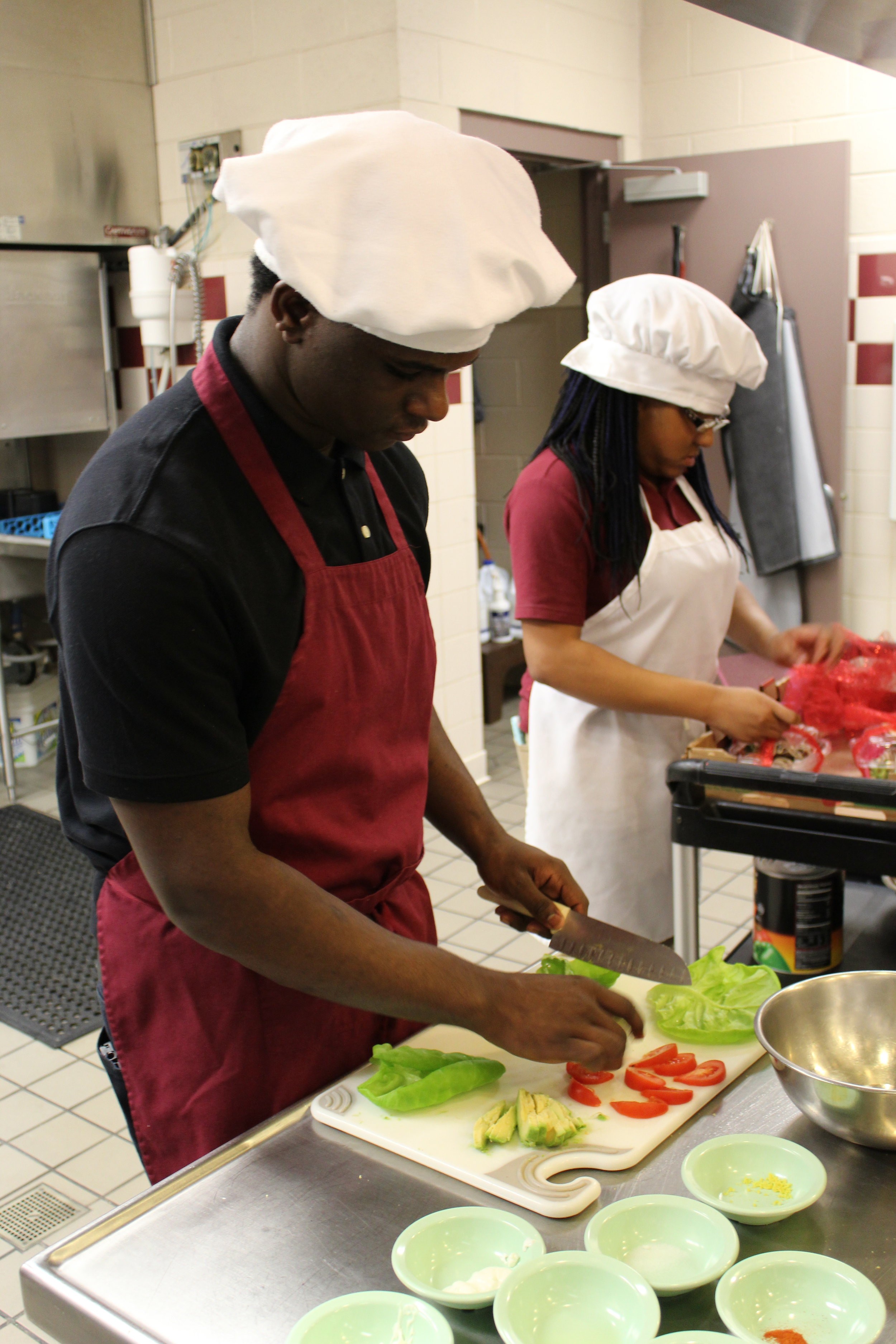
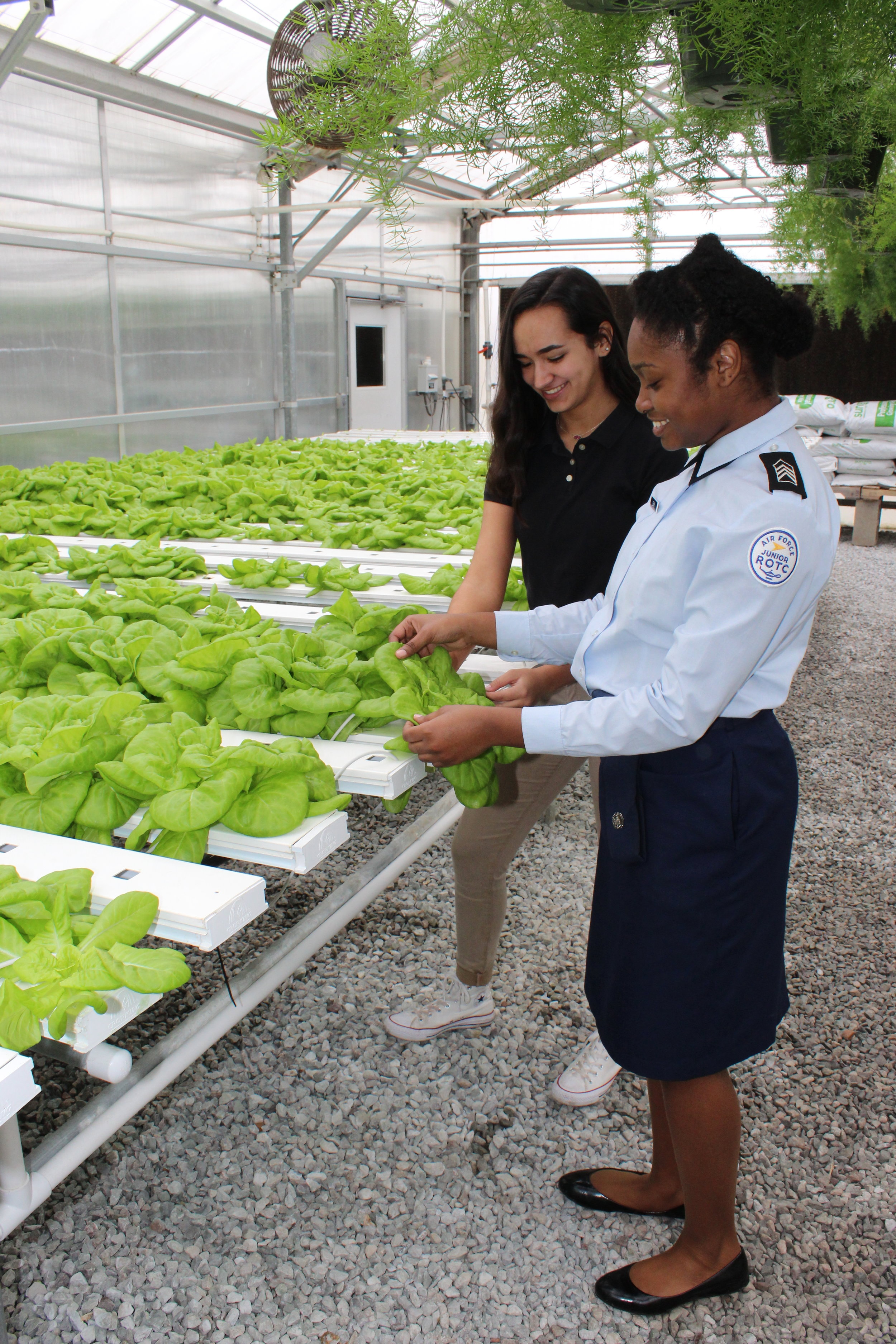
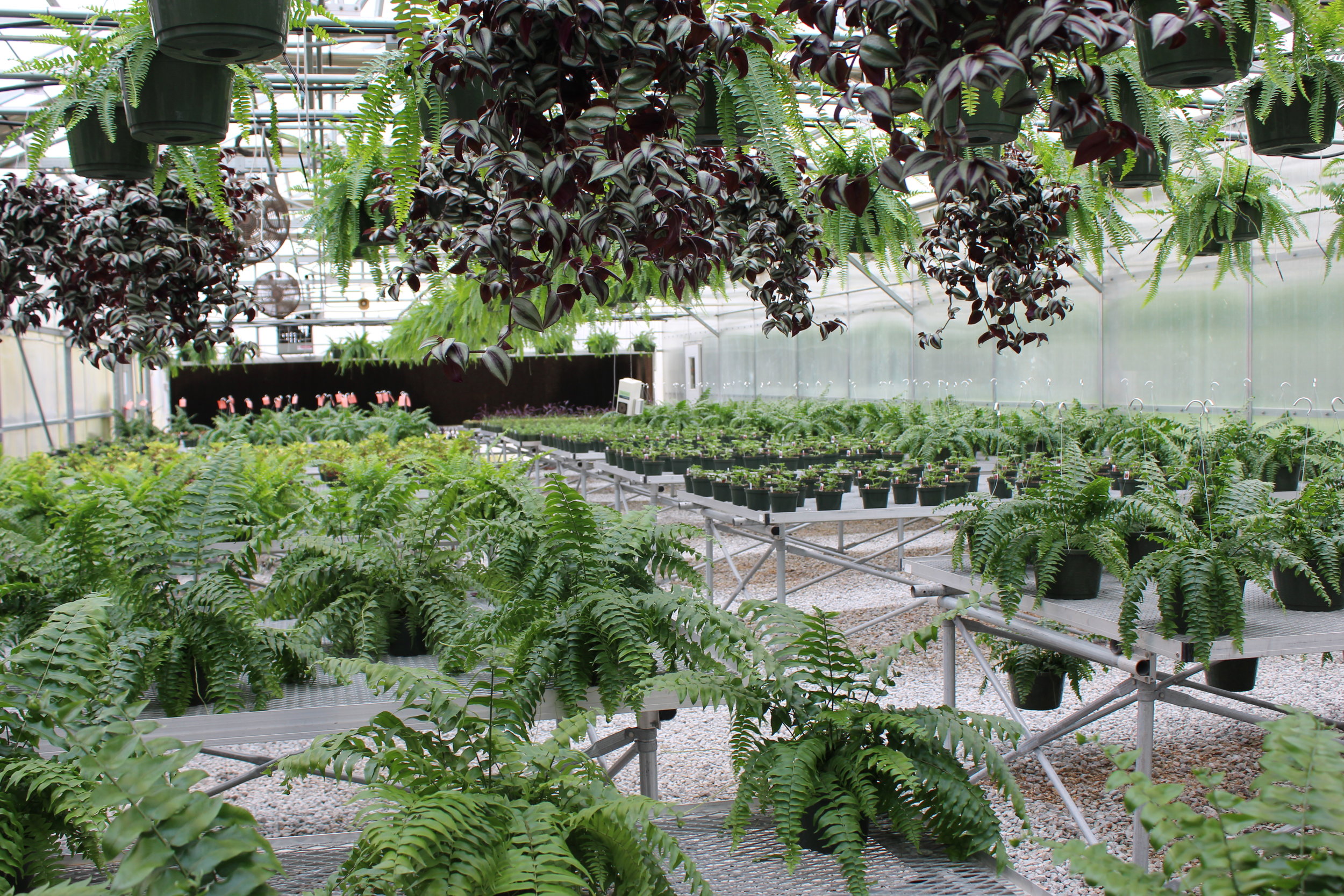

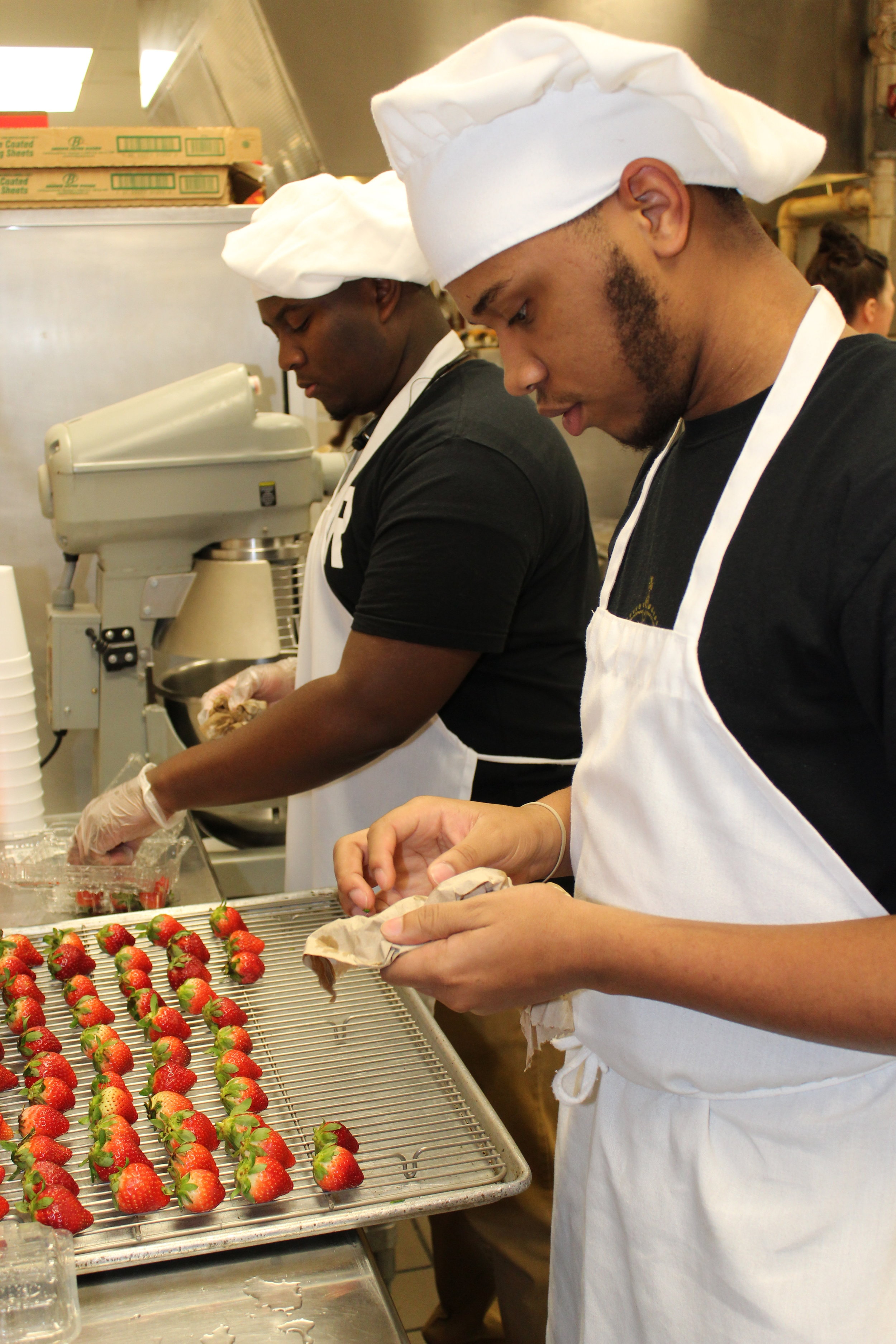












































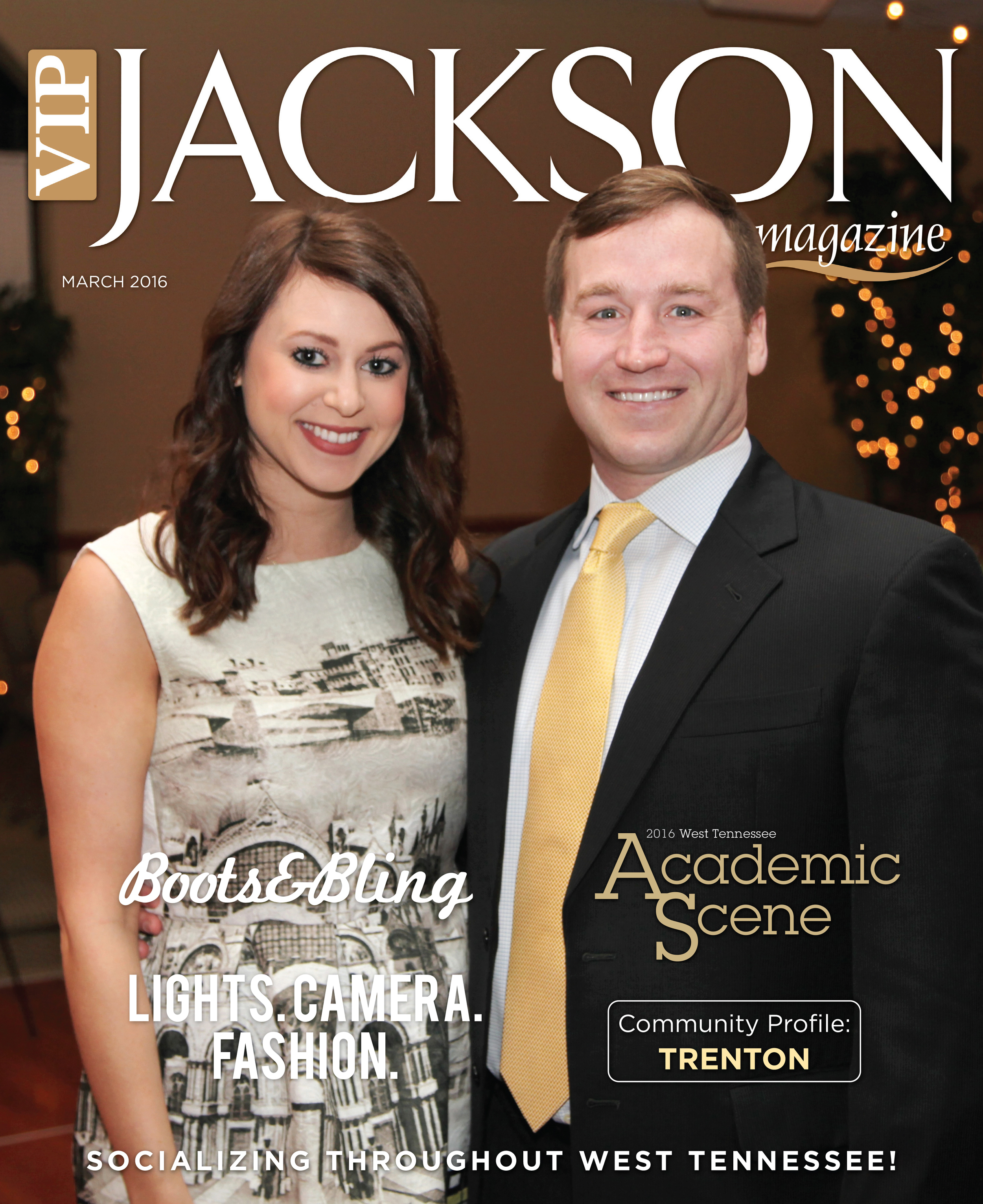
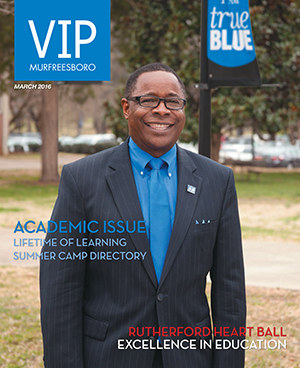

Recipe courtesy of Jordan Shirley, a student at Liberty Tech Magnet School
1 tablespoon mayonnaise
1 tablespoon sour cream
1/2 teaspoon lemon zest
1 teaspoon fresh lemon juice
1/8 teaspoon cayenne pepper
1/4 teaspoon cayenne pepper
1/2 teaspoon dried basil leaves
1/2 teaspoon vegetable seasoning
Salt and black pepper to taste
Bibb lettuce, cooked bacon, sliced avocado, & tomato wedges
Whisk mayo, sour cream, lemon zest, lemon juice, cayenne pepper, basil leaves, and vegetable seasoning in a small bowl. Season lemon cream with salt and pepper.
Assemble wraps by layering lettuce with bacon, tomato slices and avocado. Add lemon cream mixture.